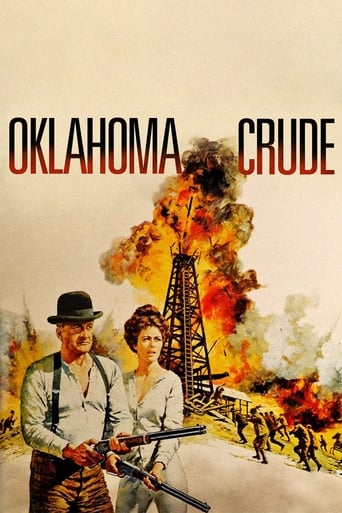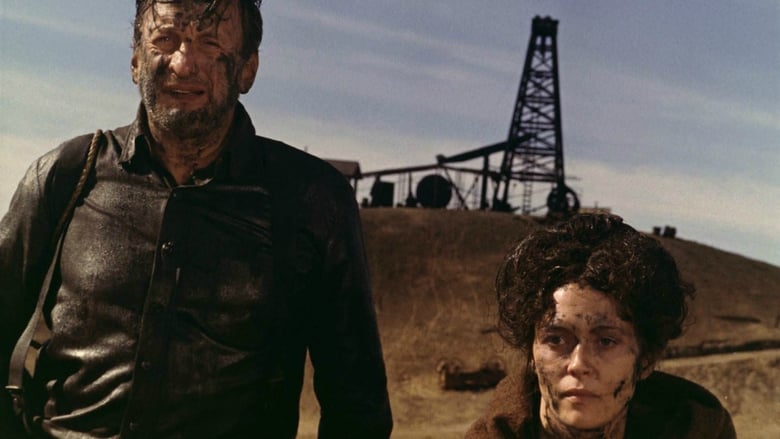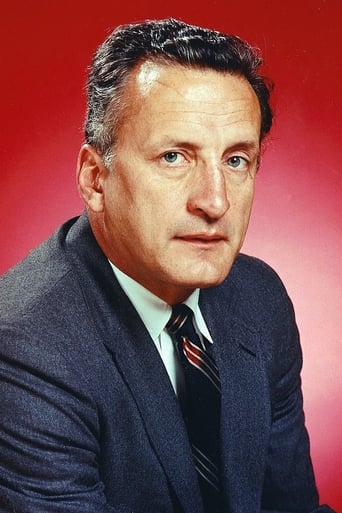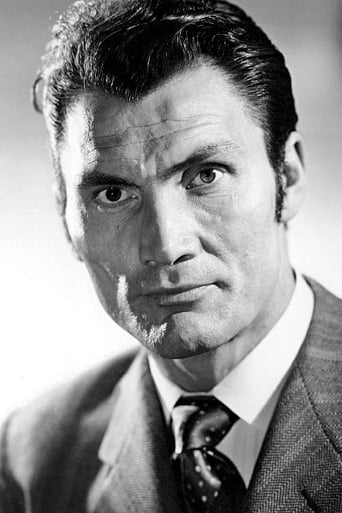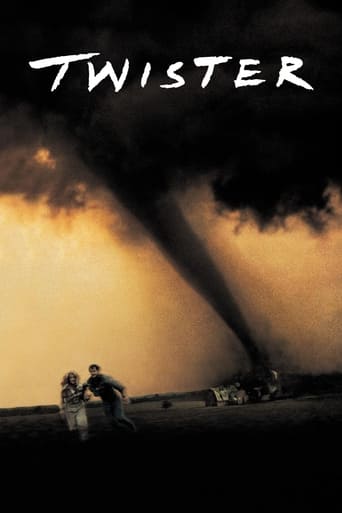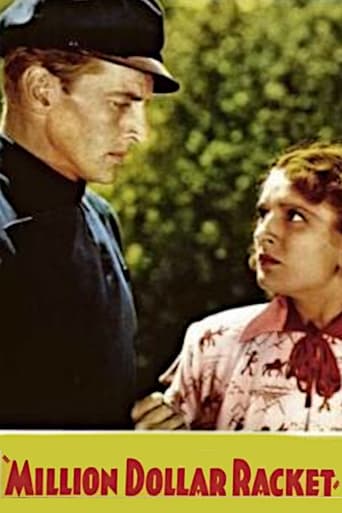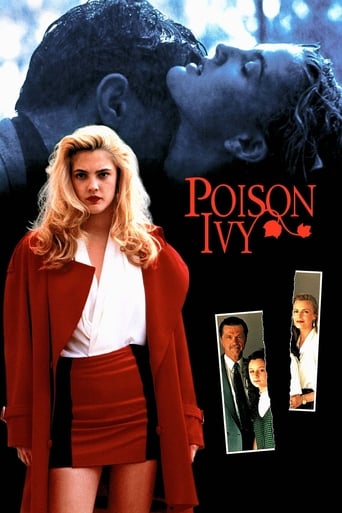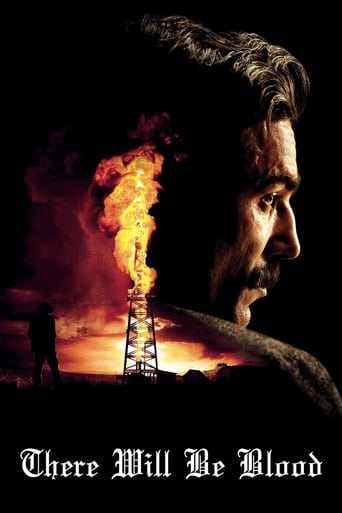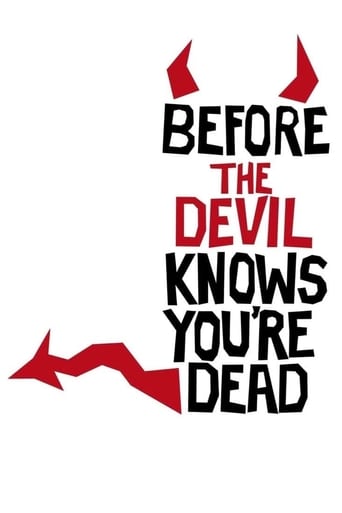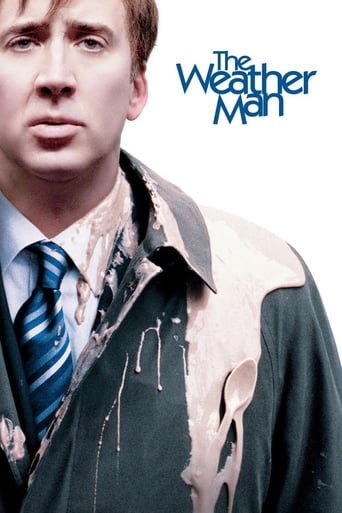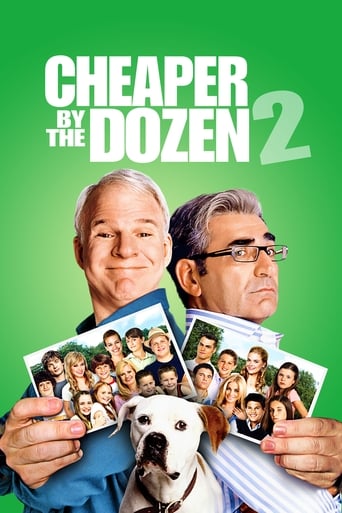Oklahoma Crude (1973)
In 1913, in Oklahoma, oil derrick owner Lena Doyle, aided by her father and a hobo, is stubbornly drilling for oil despite the pressure from major oil companies to sell her land.
Watch Trailer
Cast
Similar titles
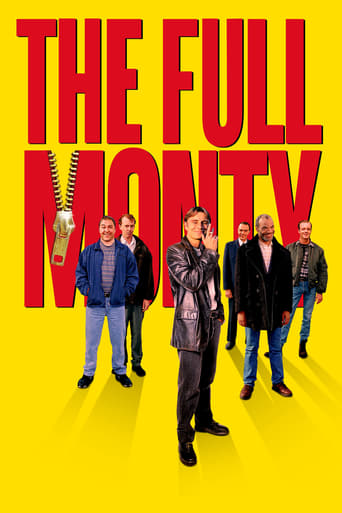
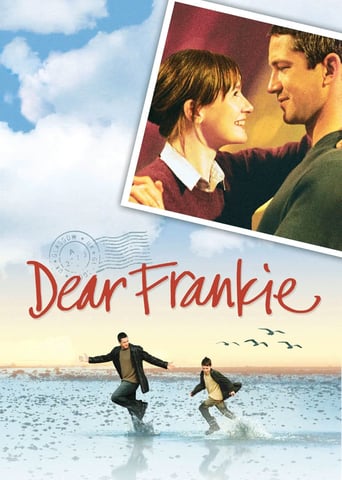
Reviews
Strong and Moving!
Fantastic!
A waste of 90 minutes of my life
Ok... Let's be honest. It cannot be the best movie but is quite enjoyable. The movie has the potential to develop a great plot for future movies
Oklahoma Crude is Stanley Kramer's attempt at a western, semi-modern though it might be. It also is quite a different look at early statehood Oklahoma circa 1913. The movie kind of dates itself when a drunken George C. Scott and John Mills listen and sing along to a gramophone record of You Made Me Love You which came out in 1913.It's nothing like that other movie of Oklahoma's early days Cimarron, Edna Ferber's tale of pioneer women and Yancey Cravat who has an honored place with cowboy heroes. George C. Scott is no hero, but he's forced into a heroic mold because he doesn't like being spit on as Jack Palance the oil company man does.Three very estranged people Faye Dunaway who is one liberated and independent woman determined to hang on to her oil lease and bring in an oil well gusher. She has to accept help from her father John Mills and from George C. Scott who Mills finds on the bum so to speak. He certainly does have certain skills that he brings to bear. Palance is his usual rough customer as the oil company man.One ought to see Cimarron, both versions to contrast with this film. One ought to also see the MGM big budget film about the oil industry Boom Town that starred Clark Gable, Spencer Tracy, and Claudette Colbert. The film is an ode to laissez faire capitalism and its attitudes are 180 degrees apart from Oklahoma Crude.The end also has one ironic postscript and more in line with real life than most of what you see. And George C. Scott is bad for the bad guys, but a cowboy hero he ain't.
In 1913 Oklahoma, Lena Doyle (Faye Dunaway) explores for oil with a wildcat derrick and will not sell out to Pan Oklahoma Oil and Gas (PanOkie). Why a large corporation wants her single unit is unspecified. Her only allies are her neglectful father Cleon (John Mills), grungy drifter Noble "Mase" Mason (George C. Scott), and Indian Jimmy (Rafael Campo). Now Lena makes it perfectly clear that she has no love for men (and even women). But she recognizes that she will need help to defend her derrick. PanOkie has hired hooligan Hellman (Jack Palance) to scare her out. Now Director Stanley Kramer makes it interesting. The large company offers her $5,000, a large sum in those days, plus 10% profit on any oil find. Then again, oil is black gold. Hellman explains to Lena that the company makes a profit if just two of a thousand derricks strike soil. After Lena refuses to sell, she and her friends are beaten, and the Indian killed. They lose control of the property temporarily. One wonders if there is a sheriff in town, because after all it is 1913, not 1883! Anyway, the local lawyer is of little help as he explains that the big companies own the legal systems. Then the good guys counterattack and retake the property in an offensive that has comedic overtones. Then when the big oil buckos return in force, they are routed with grenades. Later, though, Hellman's men begin to shoot with rifles anyone that climbs the derrick, which had become temporarily disabled. Cleon perishes. Again, where is the law? Meanwhile Lena's relationship with Mase has softened. Hostility has morphed into respect, affection, and even love. Then the so-called strike happens, and some folks are covered with black goo. But then again it is just an oil bust, and everyone merely goes home oil-soaked like nothing harrowing has happened. Maybe Lena should have sold out to Pan Okie and made some nice cash, but then again there is the matter of principle. The movie's positives include good production values, beautiful cinematography, and effective acting by the leads. There is nice attention to period details, like the recreation of a pre-World War I muddy Oklahoma town. The enjoyable music is by Henry Mancini and the pleasant theme song is performed by Anne Murray ("Send a Little Love My Way"). Both Mancini and Hal David (who wrote the song lyrics) were nominated for Golden Globe awards.
This film has an atmosphere of "grit" to it, and the title helps suggest that. It's a story of a small person against a large corporation in the early part of the twentieth century.There are four major characters that are the focus of the story. The beautiful young woman played by Faye Dunaway is holding onto a well in which she hopes oil will emerge is the catalyst. John Mills plays her father, a stranger to her, arrives, trying to make amends and help her against a mercenary leader played by Jack Palance, hired by the huge oil company to steal her claim. The fourth is the "drifter", the "everyman" who is swept up into the act as her employee, played by George C Scott.A lot of what happens is very fresh even today, and goes against the "usual story line". Very unexpected events.What makes a simple story become a good story is the supporting characters, and this film cleverly makes the story actually be seen through the eyes mostly of the "fifth and sixth characters", both from very different social castes. These two are the witnesses from both castes who would want something better than the bloodshed that goes on. We only get glimpses of this, as they watch the four main characters duke it out, but both try vainly to bring sense to the situation. They are the "eyes" of the viewer put into the story. It is quite well done.
Director Kramer was always much maligned by the critics (he and Pauline Kael never traded Christmas gifts). His 'important' films were considered placid, threadbare, and manipulative. His films on race relations like THE DEFIANT ONES and GUESS WHO'S COMING TO DINNER treated the issue in a very simplistic and tasteful way. Giving one the impression that he was more interested in not offending anyone and being acceptable than actually making a real movie. However this one, which is one of his later and least known efforts, tends to break that mold. For Kramer it is actually quite edgy. He still tries to tackle the issue of the day, in this case feminism and a womens place in a mans world, but he does it in a much more sophisticated way. He looks at the issue from different angles and surrounds it with a sense of fun and irreverence. Things aren't quite as obvious as with his other films and the characters are more interesting and quirky. Basically it is a revisionist western with strong willed Dunaway hiring drifter Scott to help protect her property from greedy land baron Palance who wants the land for it's oil. Really though that is all just an excuse to show how although both sexes deserve equal rights there are still many differences between them and how one really does need to other because of this. It also shows the little intricacies that come about when a man and women work together compared to when two men or two women work together. The two leads are perfect. Both have always had very strong on screen personas, yet here Scott deftly underplays his, which makes for a very interesting on screen chemistry. Palance however as the heavy is completely wasted simply because he is not given enough screen time. Overall this is a fun picture that is well paced and should, if anything, keep you entertained. It doesn't really push the limits enough to be a classic, but it does have a few memorable moments. A few of those moments come with some snappy exchanges. At one point Dunaway softens a bit and tries to explain to Scott why she has been so cold to him. She says "I know I have been a bitch, but this world can be very hard place for a women." Then Scott without missing a beat says "Well it can be a hard place for a man too." There's also a conversation where Dunaway explains why she would like to have both the male and female sex organs. Her answer to how she would go about satisfying herself is a good one.
